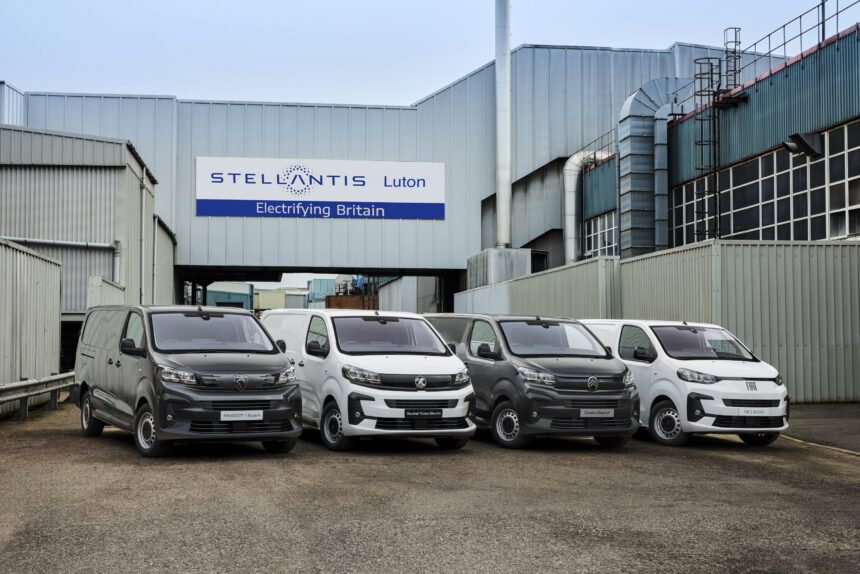Vauxhall Luton Closes After 120 Years of Production
Vauxhall Luton has bid farewell to its final vehicle, a Vivaro van, marking the end of a 120-year legacy of production at the plant. The decision to shut down the historic commercial vehicle factory was announced by Vauxhall owner Stellantis in November 2024.
Former Stellantis chief Carlos Tavares made the decision to close the plant shortly after a dispute with the UK government over the zero-emission vehicle (ZEV) mandate. Tavares cited the ZEV mandate as a significant challenge to the company’s business model, with carmakers being mandated to sell more electric vehicles without adequate buyer incentives or a surge in EV demand.
The move to consolidate all UK van production at the Ellesmere Port site in Cheshire was deemed necessary to enhance production efficiency and meet the escalating ZEV mandate targets, which are set to rise to 26% this year.
As part of the closure, all machinery from Luton will be transferred to Ellesmere Port, where over £50 million will be invested to upgrade the facility to accommodate the additional workload.
The closure of the Luton plant put 1100 jobs at risk, with only a few hundred positions guaranteed to be relocated to Ellesmere Port. Stellantis initiated a consultation process for affected workers, offering retraining opportunities or potential job placements at nearby businesses for those unable to make the move.
Following the announcement, union representatives urged Stellantis to reconsider its decision, particularly in the wake of Tavares’s sudden resignation. Unite criticized the closure as a reflection of Tavares’s failed strategy and called for a pause in major decisions until a new CEO is appointed.
In response, Stellantis assured the continuation of ongoing projects under the leadership of chairman John Elkann and an interim executive committee. Unite emphasized the need to halt major decisions until a new CEO is appointed in the first half of 2025.







